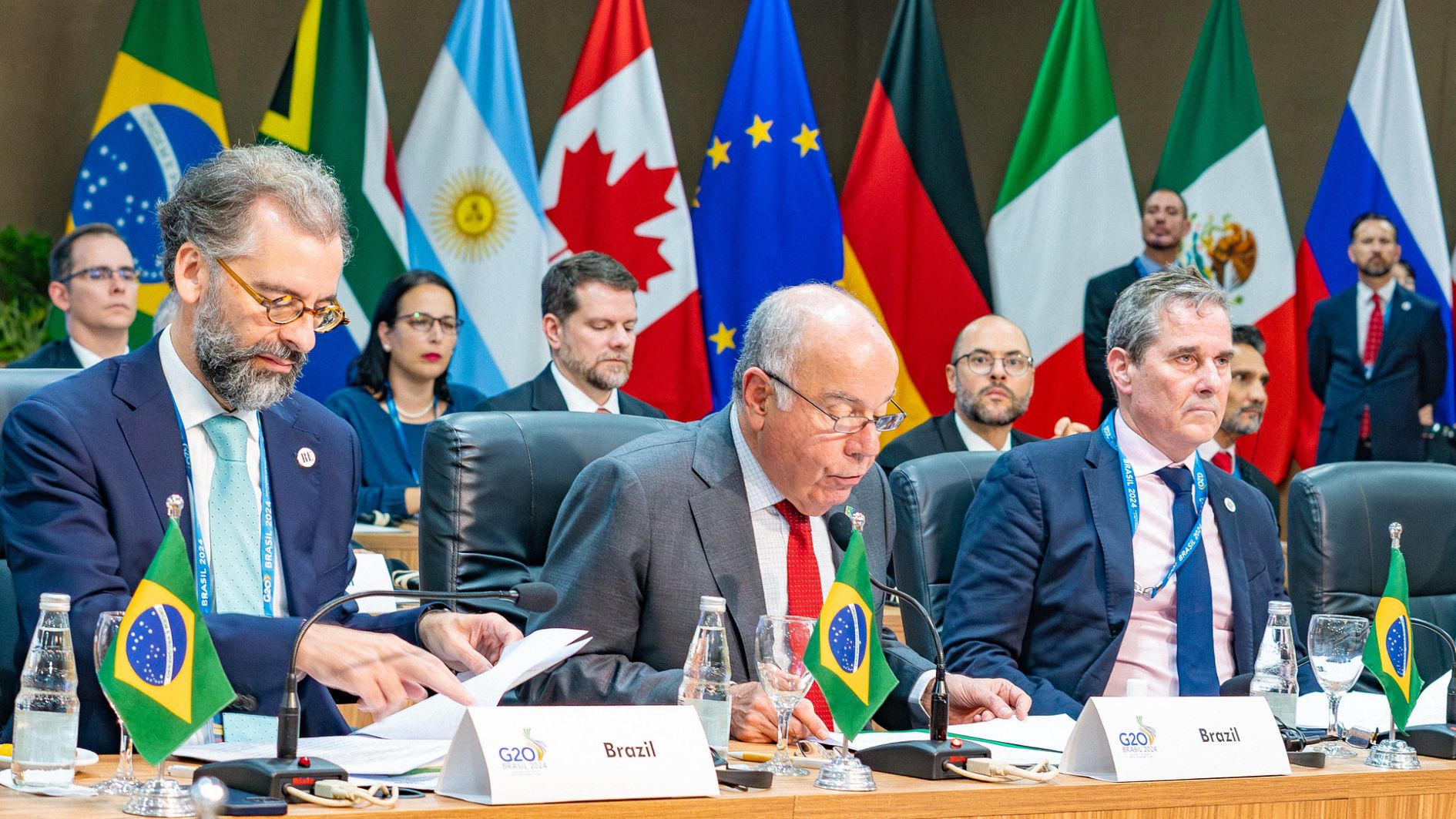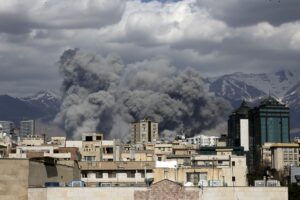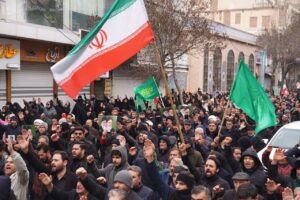
Published 02/23/2024 11:25 | Edited 02/23/2024 12:13
The United States and Russia signaled support for one of the main pillars of Brazil’s foreign policy: the need to reform world organizations to include new actors, especially the UN (United Nations). The positions — explained at the G20 meeting and in meetings with President Lula — represent a victory for the government, in the same week that an attempt was made to create a diplomatic crisis involving Brazil and Israel.
Antony Blinken, Secretary of State of the United States, reiterated the promise made by President Joe Biden to support the reform of the UN Security Council and pointed to the intention to accelerate this process, considering this year’s US presidential elections.
According to Palácio do Planalto, in the meeting between President Luiz Inácio Lula da Silva and Blinken, on Wednesday (21), Lula reaffirmed the need to reform international financial organizations and the UN Security Council, in what was supported by the secretary.
Read too: G20 in Rio: Brazil criticizes UN inaction against wars
The next day, during a G20 event, Blinken returned to the subject: “We must have more responsible and more effective institutions. We are active in the effort to expand the United Nations Security Council, both in terms of permanent and non-permanent members, so that it better reflects the world today,” he declared.
In a meeting between Lula and Foreign Minister Sergei Lavrov, this Thursday (22), the Russian minister reiterated his support for Brazil’s bid to occupy a permanent seat on the United Nations Security Council.
At the G20 ministerial meeting, Lavrov highlighted that “the formation of a fair multipolar world order, without a defined center and periphery, has become much more intense in recent years. Asian, African and Latin American countries are becoming important parts of the global economy.” And he said institutions like the IMF, World Bank and the OECD were becoming “relics of the past”.
Read too: Lula and Blinken discuss conflict in Gaza and partnership between Brazil and the USA
Speaking specifically about the UN, he stated: “Developing countries are clearly underrepresented in decision-making processes. Considering that six of the 15 members of the UN Security Council represent the Western bloc, we will support the expansion of this body only through the accession of countries from Asia, Africa and Latin America.”
In a statement to the press made this Thursday, at the end of the G20 Foreign Ministers’ meeting, the Minister of Foreign Affairs, Mauro Vieira, highlighted that all representatives agreed on the fact that “the main multilateral institutions – UN, World Trade Organization, World Bank and International Monetary Fund, among others – need reform to adapt to the challenges of today’s world.”
Regarding the UN, he said there is “consensus regarding the organization’s essentiality for peace and security and for the promotion of sustainable development. Therefore, everyone mentioned the need to give impetus to discussions on reforming the organization, especially its Security Council, with the inclusion of new permanent and non-permanent members, especially from Latin America and the Caribbean and Africa”.
Read too: Brazil raises its tone against Israel and accuses Netanyahu government of “dishonesty”
With regard to multilateral development banks and the IMF, Vieira pointed out that “there was also great convergence on the need to facilitate access to financing for the poorest countries, as well as on the urgency of increasing the representation of the developing world in its governance.”
If the week began with the unfolding of a supposed diplomatic crisis between the Brazilian and Israeli governments, it ended with a strengthening of Brazil’s role in the international concert, demonstrating, once again, that the country can play a central role in major current issues.
Source: vermelho.org.br

